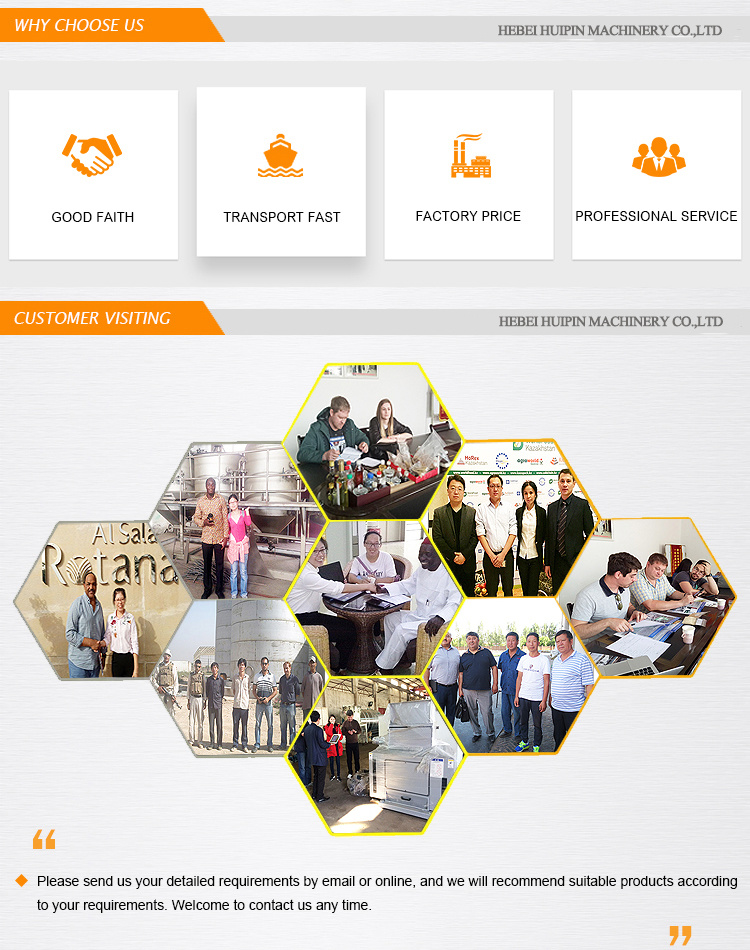Aug . 07, 2024 04:05 Back to list
Understanding the Impact of Screw Worms on Oil Press Machine Efficiency and Maintenance Strategies
Understanding the Role of Screw Worms in Oil Press Machines in China
In the realm of oil extraction, the efficiency and effectiveness of oil press machines are paramount. In China, one of the critical components that impact the performance of these machines is the screw worms. Understanding the function and structure of screw worms can provide valuable insights into the oil extraction process, specifically within the context of China’s burgeoning oil industry.
The Structure and Function of Screw Worms
Screw worms, also known as screw presses, are integral to oil press machines. They are designed to extract oil from seeds, nuts, and other materials through a mechanical process. The structure typically consists of a helical screw, which rotates within a cylindrical chamber. As the screw rotates, it compresses the oil-bearing materials, gradually increasing the pressure and facilitating the release of oil.
The efficiency of the screw worms is influenced by several factors, including the design of the screw, the speed of rotation, and the temperature within the chamber. In China, manufacturers constantly innovate their designs to optimize oil extraction rates while minimizing energy consumption and wear on the equipment.
Importance in China’s Oil Industry
China is one of the largest producers and consumers of edible oils in the world. The demand for cooking oils has surged with the country’s growing population and evolving dietary habits. As a result, the oil processing equipment, particularly screw presses, has become a focal point for manufacturers and entrepreneurs in the sector.
Screw worms in oil press machines significantly impact oil yield and quality. The design and material of the screw can affect the final product’s purity—whether the oil extracted meets the safety and health standards critical in today’s market. Advanced designs, including the use of high-quality alloys and improved cooling systems, help to maintain oil integrity by minimizing the breakdown of essential fatty acids during extraction.
china screw worms of oil press machine

Technological Advancements
Chinese manufacturers have been keen on integrating modern technology into traditional oil press machines. Innovations such as automation and smart features enhance the operation of screw worms, ensuring higher production efficiency and precise control over the extraction process. Sensors and automated systems can adjust parameters in real-time, reducing human error and optimizing performance.
Additionally, there is a growing trend toward using renewable energy sources to power these machines. Not only does this reduce operational costs, but it also aligns with global sustainability goals. Some manufacturers are integrating solar or biogas systems, which can significantly decrease the carbon footprint associated with oil extraction.
Challenges and Future Prospects
Despite the advancements, the oil extraction sector in China still faces challenges. Issues such as supply chain instability, fluctuating prices of raw materials, and increasing competition necessitate ongoing improvements in technology and processes. Manufacturers must invest not only in high-quality screw worms but also in R&D to stay ahead of industry trends.
Looking to the future, the role of screw worms in oil press machines will continue to evolve. As China pushes toward modernizing its industrial capabilities, the integration of more intelligent systems, enhanced materials, and environmentally friendly practices will likely shape the landscape of the oil extraction industry.
Conclusion
The significance of screw worms in oil press machines in China cannot be overstated. These components are vital for achieving high efficiency and quality in oil extraction processes. As technological advancements continue to emerge, they will pave the way for better performance and sustainability in one of the world's largest oil markets. Emphasizing innovation and quality will ensure that the Chinese oil extraction industry remains competitive on a global scale while meeting the rising demands of consumers.
-
Expert Oil Filter Machine Service & Solutions | Quality & Reliability
NewsAug.22,2025
-
LZY-206 Double Screw Cold Oil Press – Maximize Yield, Preserve Nutrients
NewsAug.21,2025
-
Efficient Black Seed Oil Expeller & Multi-Seed Oil Press
NewsAug.19,2025
-
HP 120 Model Cold Oil Press-Hebei Huipin Machinery|Energy Efficiency, Multi-Functionality
NewsAug.18,2025
-
HP 120 Model Cold Oil Press-Hebei Huipin Machinery|Oil Extraction, Multi-Functional
NewsAug.18,2025
-
HP 120 Cold Oil Press - Hebei Huipin | Automation & Efficiency
NewsAug.18,2025
